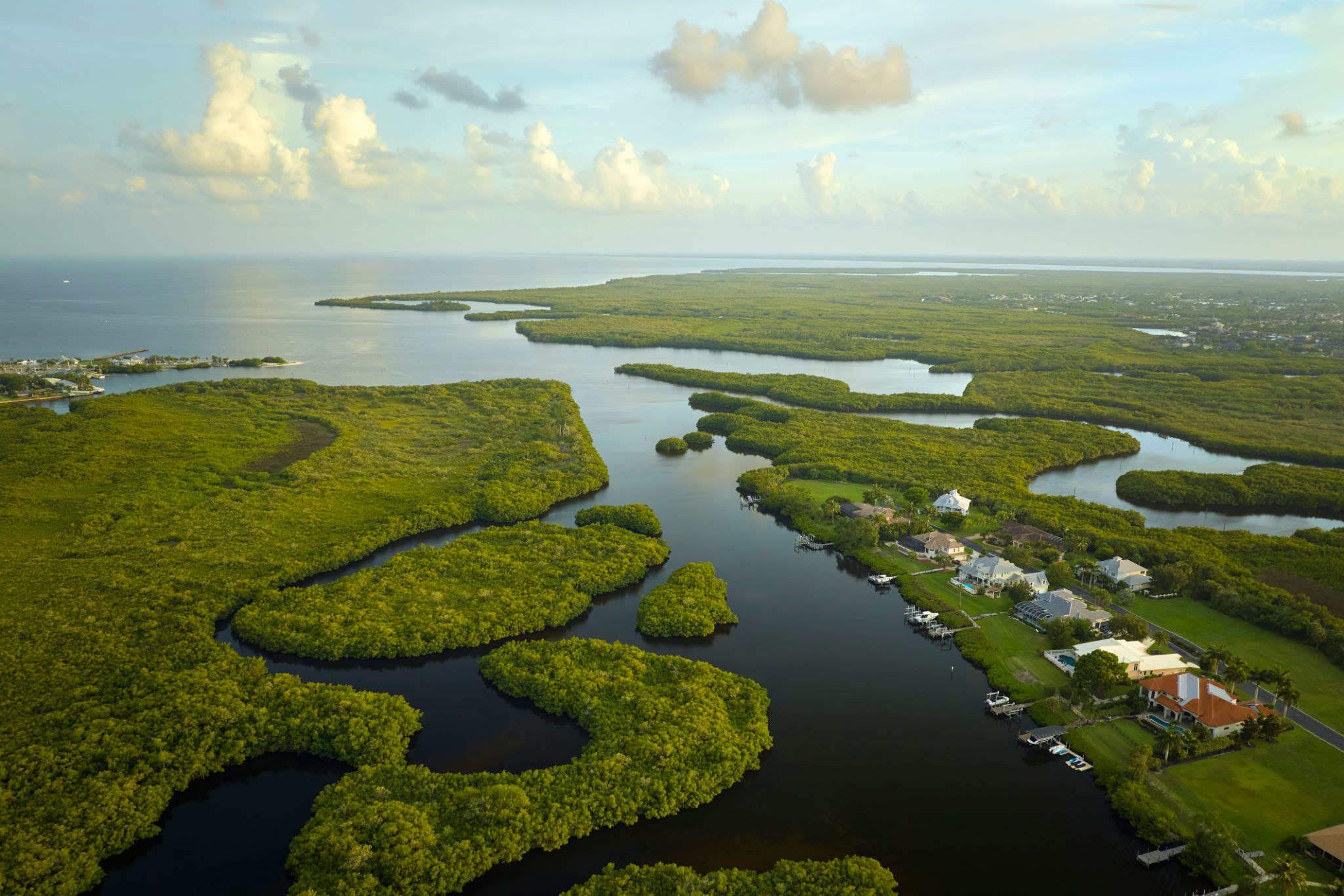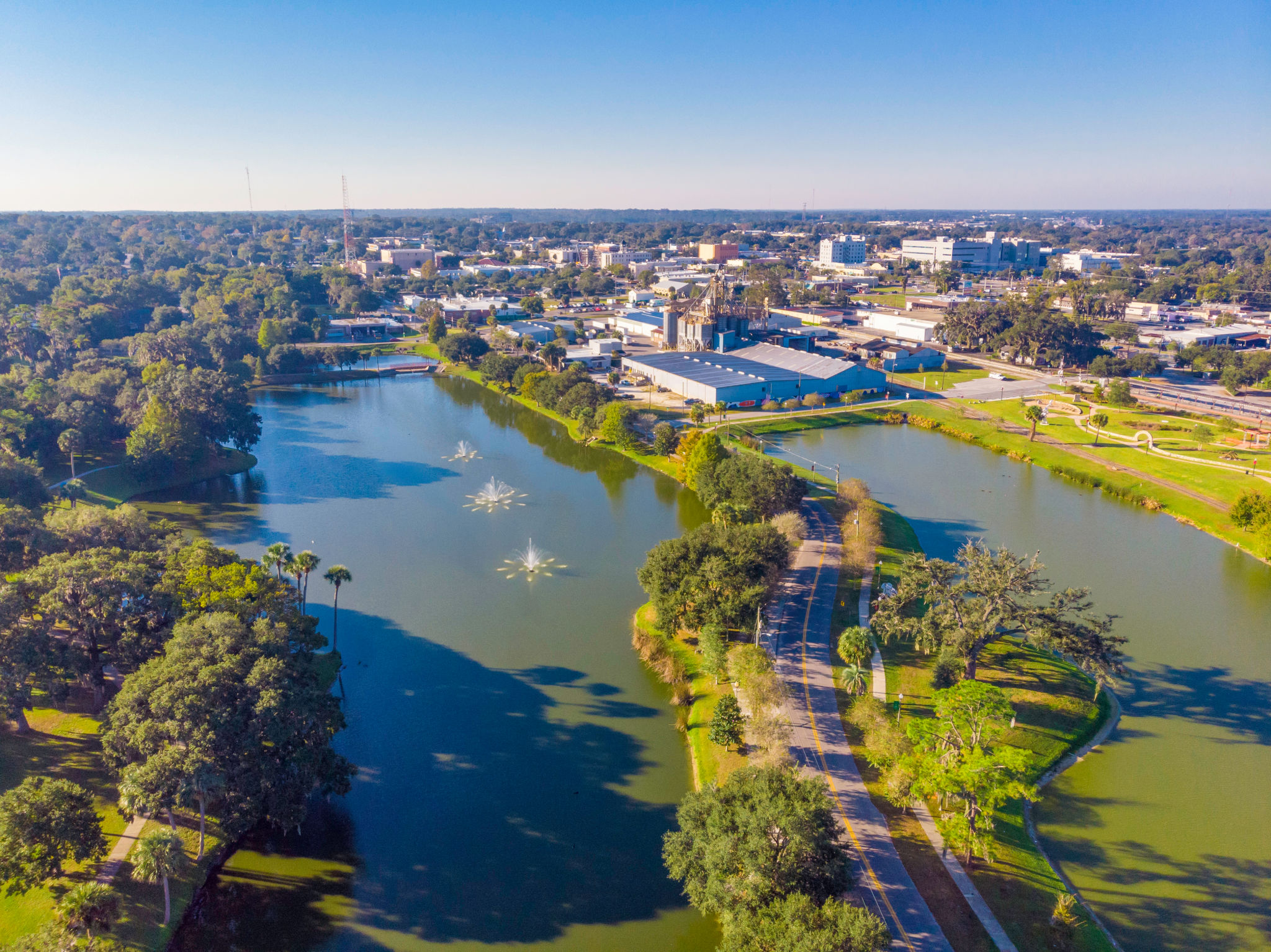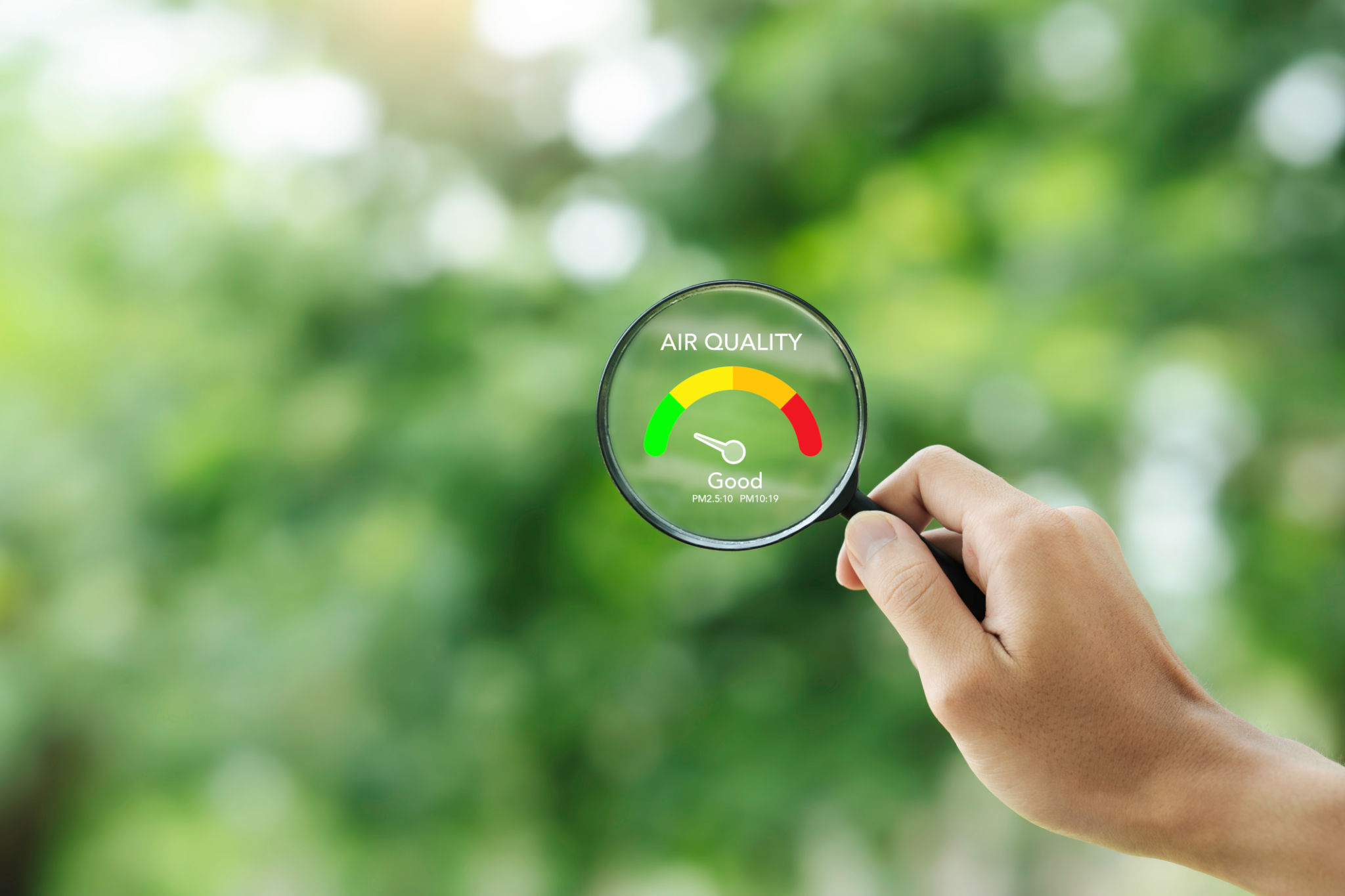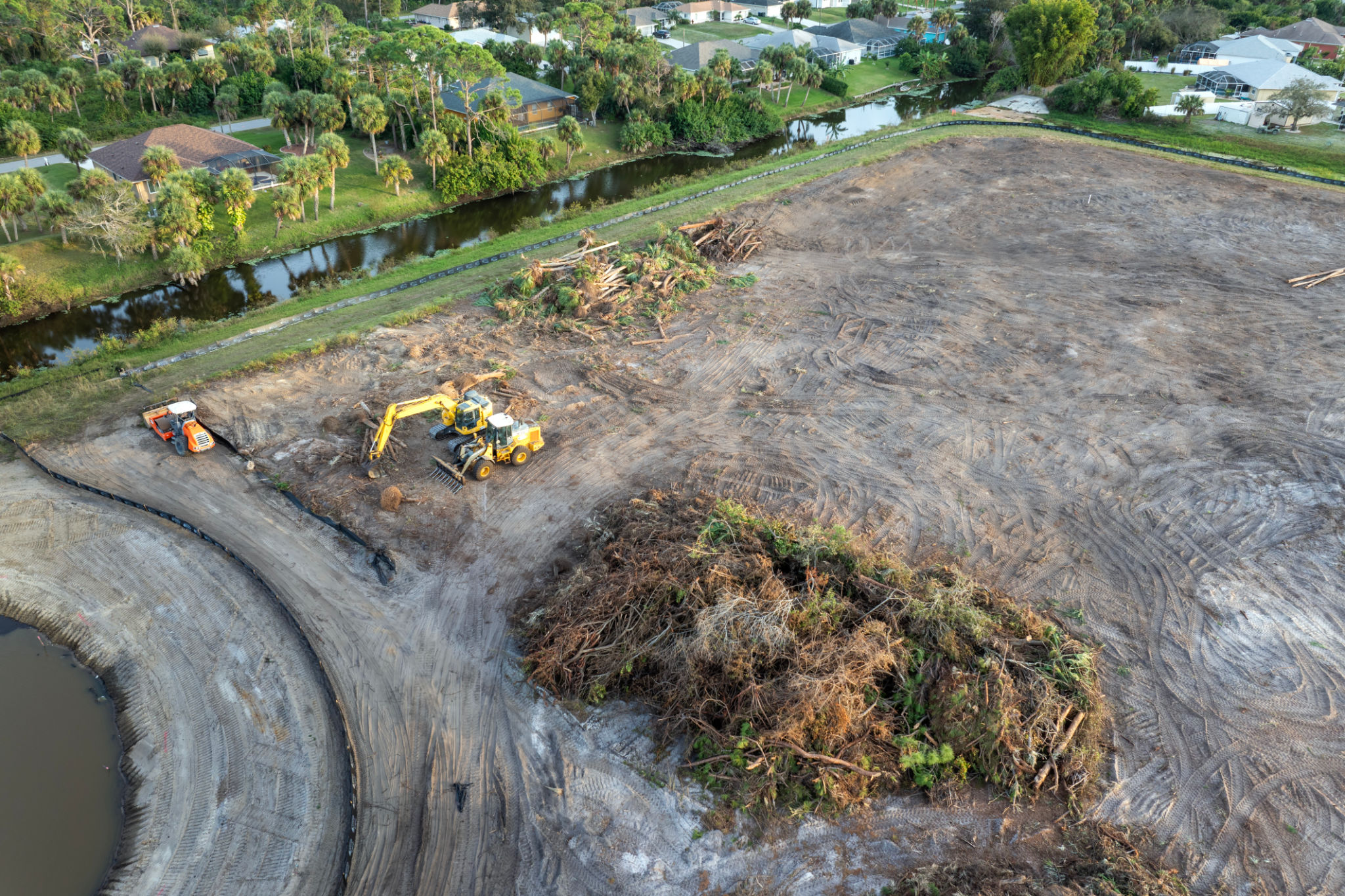Navigating Florida's Environmental Regulations: What You Need to Know
Understanding Florida's Environmental Regulations
Florida is renowned for its diverse ecosystems, from the Everglades to its pristine beaches. However, safeguarding these natural treasures involves navigating a complex web of environmental regulations. Whether you're a business owner, developer, or an environmental enthusiast, understanding these regulations is crucial.
The Sunshine State's environmental laws are designed to protect its unique ecosystems while balancing economic growth. Key regulations focus on water quality, waste management, air quality, and land development. These statutes are enforced by both state and federal agencies, ensuring compliance at multiple levels.

Water Quality Regulations
Florida's abundant water resources are vital to its economy and environment. To protect these resources, the state has implemented stringent water quality standards. The Florida Department of Environmental Protection (FDEP) oversees the regulation of water pollution and ensures adherence to the Clean Water Act.
Businesses and developers must obtain permits for activities that could affect water quality, such as discharges into water bodies or altering wetlands. Compliance with these regulations is essential to avoid penalties and ensure the sustainability of local ecosystems.

Waste Management and Recycling
Effective waste management is another critical aspect of Florida's environmental regulations. The state promotes recycling and waste reduction through various programs and initiatives. Businesses are encouraged to adopt sustainable practices to minimize their environmental impact.
Florida's waste management laws require proper disposal of hazardous waste and promote the recycling of materials like aluminum, plastic, and glass. By adhering to these regulations, companies can contribute to a healthier environment and potentially reduce operational costs.
Air Quality Standards
Maintaining air quality is essential for public health and environmental preservation. Florida adheres to the federal Clean Air Act, which sets limits on air pollutants such as sulfur dioxide, carbon monoxide, and nitrogen oxides. The state implements additional measures to address local air quality issues.

Businesses involved in manufacturing or other activities that emit pollutants must obtain air permits and comply with emission standards. Failure to adhere can result in fines and increased scrutiny from regulatory agencies.
Land Development and Conservation
Florida's rapid growth has necessitated careful planning to balance development with conservation. The state's Growth Management Act encourages sustainable development practices, protecting natural habitats while accommodating population growth.
Developers must conduct environmental impact assessments and adhere to zoning regulations that preserve critical ecosystems. By following these guidelines, developers can mitigate potential impacts on Florida's environment and ensure long-term viability.

The Importance of Compliance
Navigating Florida's environmental regulations can be challenging but is essential for protecting the state's natural beauty. Non-compliance not only risks legal penalties but also jeopardizes the health of Florida's ecosystems.
Staying informed and proactive is key. Engaging with environmental consultants, attending workshops, and participating in industry forums can help businesses stay ahead of regulatory changes and contribute positively to Florida’s environment.